The Kite Runner
Khaled Hosseini’s The Kite Runner is a novel that leaves an indelible mark on the reader’s soul. It’s a poignant exploration of guilt, redemption, and the enduring bonds of friendship, set against the backdrop of Afghanistan’s tumultuous history.
The story revolves around Amir, a young boy from Kabul, and his loyal friend Hassan. Their childhood innocence is shattered by a traumatic event that Amir, driven by cowardice, fails to prevent. This act of betrayal haunts him for years, shaping his life and choices.
As an adult, Amir finds himself in America, seemingly far removed from his past. However, a phone call from Rahim Khan, his father’s loyal friend, pulls him back to Afghanistan. The call is a catalyst for Amir’s journey of atonement, as he confronts the demons of his past and seeks to redeem himself by rescuing Hassan’s son, Sohrab.
Hosseini’s masterful storytelling transports readers to the vibrant yet fragile world of pre-war Afghanistan, capturing the beauty and complexity of the culture. The novel delves into the deep-rooted themes of class, ethnicity, and the devastating impact of war on individuals and societies.
While the narrative is undeniably heartbreaking, it is also a testament to the human spirit’s resilience. Amir’s transformation from a self-absorbed boy to a man capable of selfless love is both inspiring and cathartic. The characters are richly drawn, their struggles and triumphs resonating deeply with readers.
The Kite Runner is more than just a novel; it’s an experience. It challenges readers to confront their own capacity for empathy and compassion. It is a story that stays with you long after the final page is turned, leaving you with a profound sense of reflection and understanding.

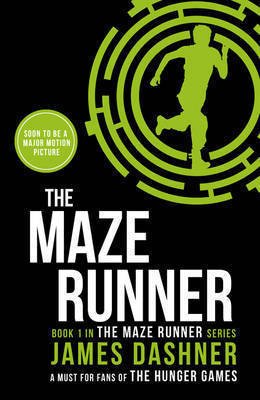
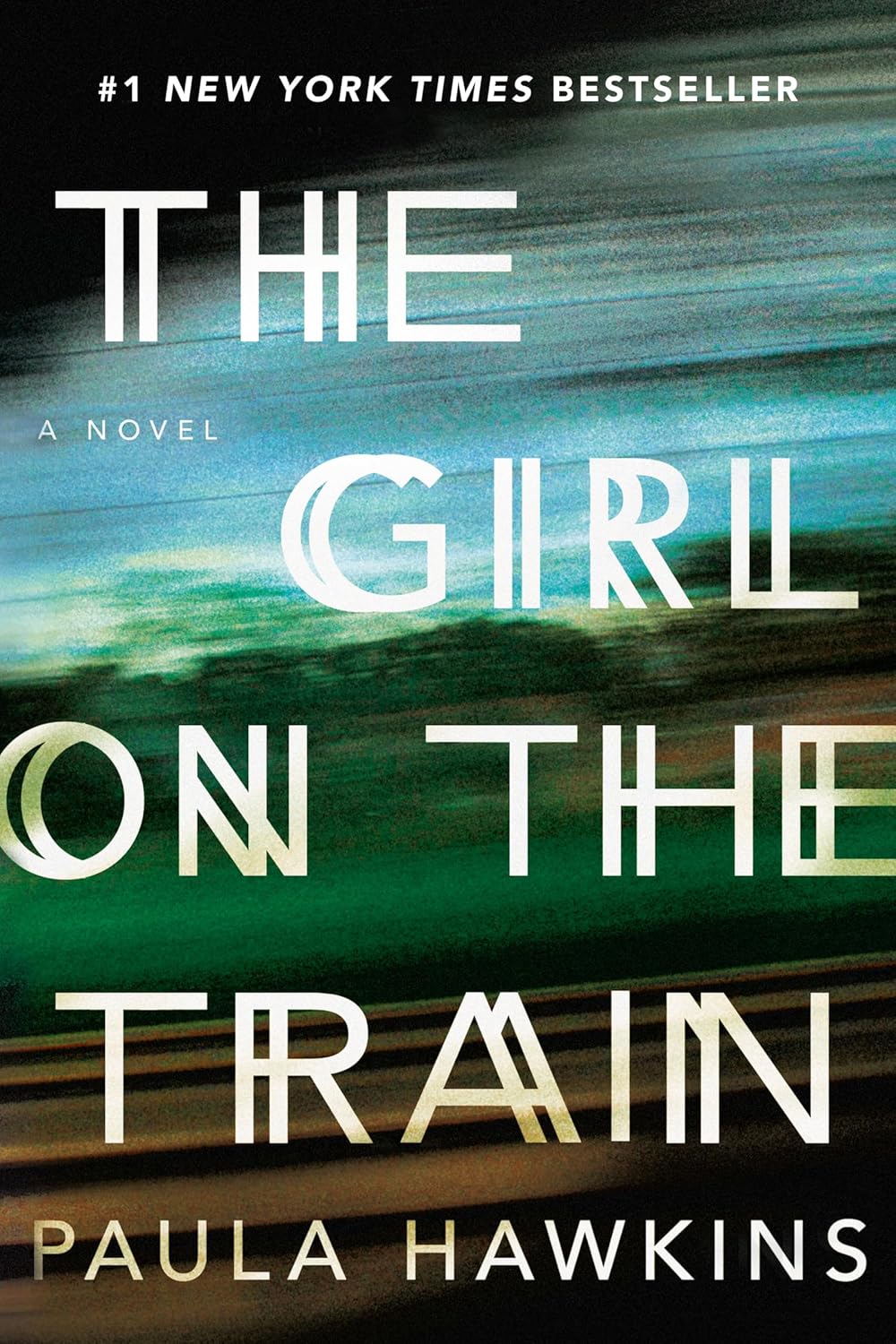
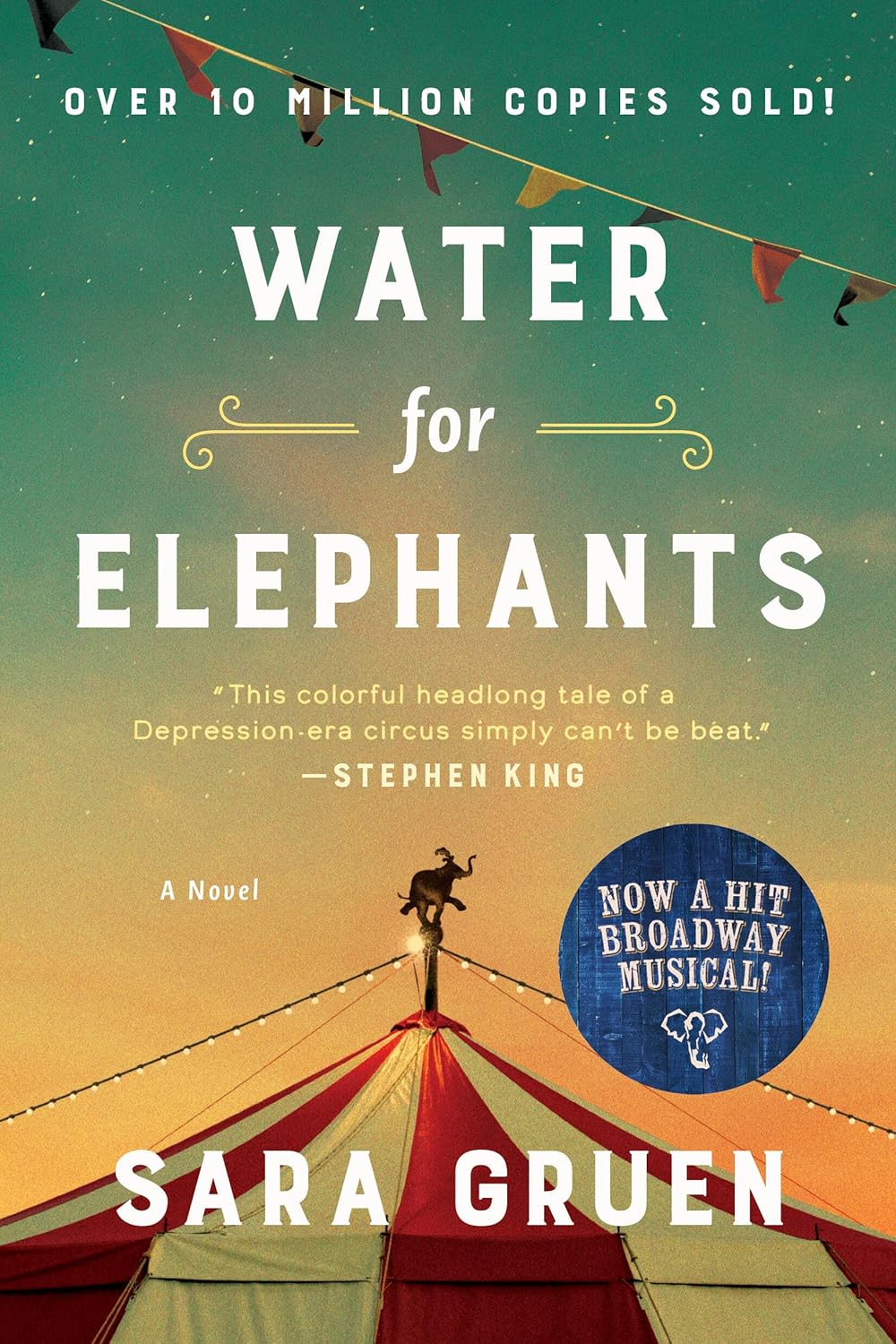
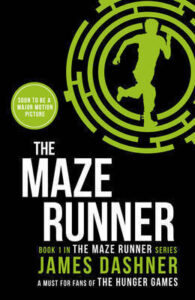


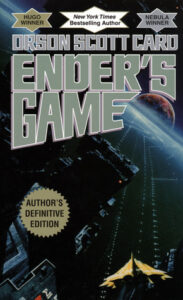


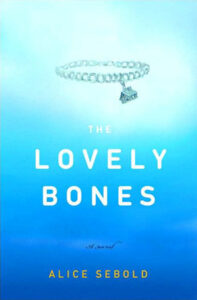



Post Comment